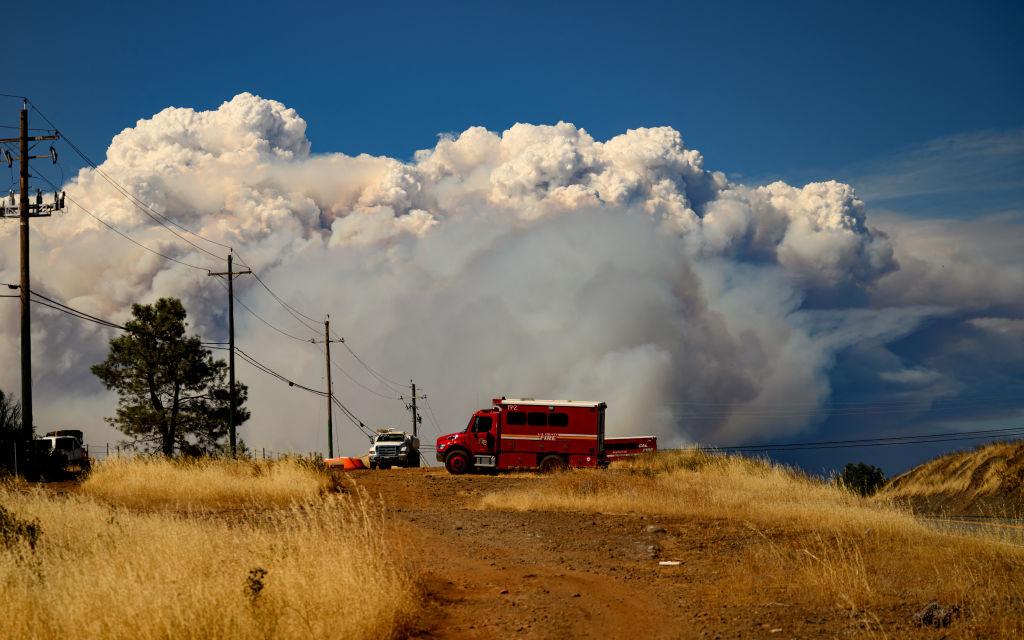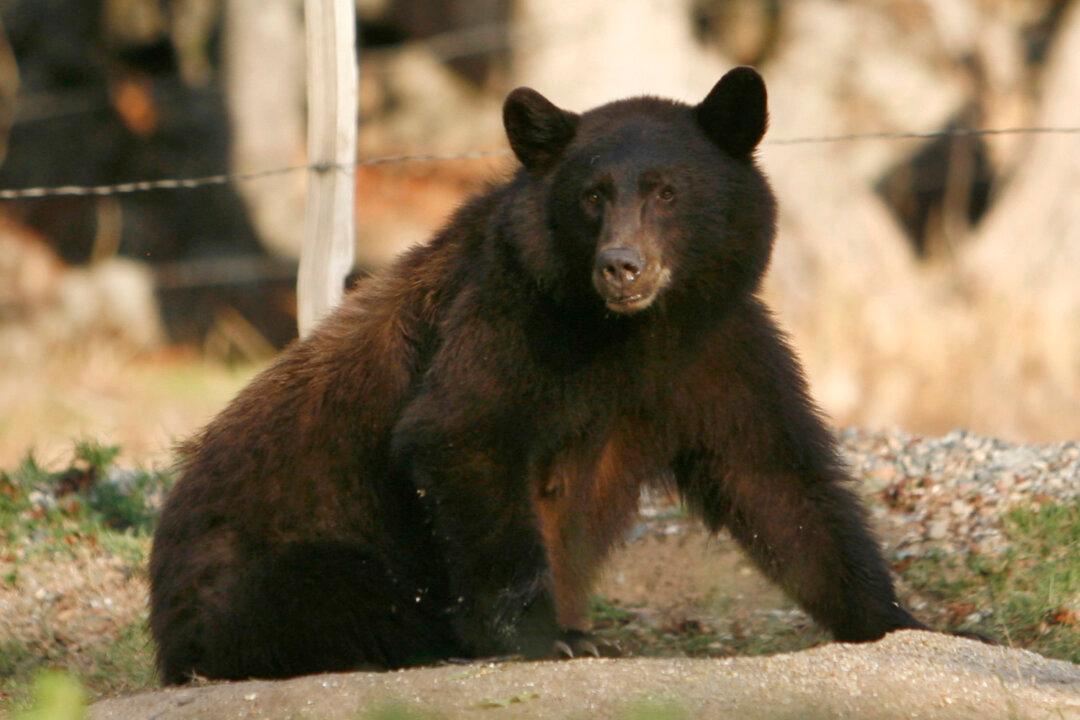Exposure to wildfire smoke may be linked to a higher risk of being diagnosed with dementia, according to a new study from the Alzheimer’s Association.
The study was conducted over 10 years and surveyed more than 1.2 million Southern California residents, according to a press release from the association.





